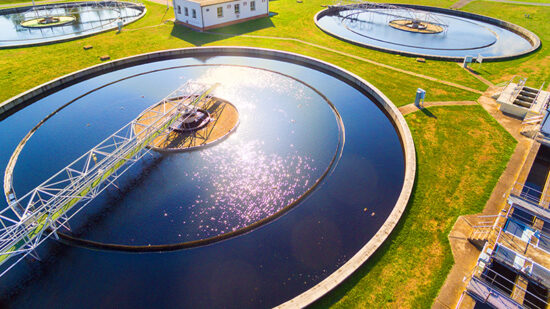The introduction from this year of funds designated as alternative investments (AIFs), which must be managed by an approved Alternative Investment Fund Manager (AIFM), will provide a badge denoting a level of quality and adherence to specific rules. This is similar to the way in which Ucits provides a standard set of protections and investment rules for mainstream collectives across Europe.
Funds affected by the AIFMD – both on and offshore – span far beyond the original target of the directive, hedge funds. It also includes private equity funds, portfolios invested in real assets, such as property and funds that contain leverage to name just a few.
Conforming to the directive will be a cost and labour intensive project for both managers and funds. For example, one potential costly area is the section regarding depositaries, designed to improve visibility of who is holding the assets on behalf of the funds. While it would be easy to assume this incredibly important aspect of fund management would not need much clarification, we only need to look at the likes of recent events such as Arch Cru to see the issue of custodianship is still far from simple!
The new requirements for depositaries increases their liability and responsibilities and is therefore likely to lead to higher costs, which in turn may be passed on to the individual funds and therefore investors. With some funds featuring higher charges as a result, advisers will have to review whether or not the return expectation from such investment funds remains attractive post-AIFMD. Higher cost should not be an automatic negative for funds (after all cheap does not always equate into better value) but it may change the attractions of an affected portfolio relative to others.
Another reason for reviewing existing alternative fund holdings is that not all those impacted by the AIFMD will seek to conform to the new rules. While the incentive to adhere to the AIFMD is high as without it, affected alternative funds will become incapable of marketing their products within the EU, some will lack the resources or the desire to do so. Existing clients could continue as investors in such funds, though some would question why they would want to.
The AIFMD becomes UK law in July this year and funds will have a transitional period in which to adopt the new rules. Advisers can use this lead up time to ask providers about their intentions. The key will be to determine a manager’s ability and resources to ensure compliance, either by becoming an AIFM or appointing one.
One interesting point of discussion is the similarity between AIFMD and the Ucits rules. Some elements of the AIFMD rules are more stringent than the current provisions within Ucits structures (at least under Ucits IV). This has already resulted in some commentators talking of an inevitable merger between the two directives under one umbrella. We will have to wait and see on that one.
Even though the AIFMD may require some scrutiny of existing client holdings, overall advisers should see the impact of this EU directive as a positive step.
The regulations will provide greater assurance about the strength of risk management capabilities of the fund’s manager; there will be greater clarity and accountability in the case of something going wrong; and finally tougher capital requirements. All of this means only the strongest managers will survive.
By Jason le Roux, Director at AIF Solutions, who is also a director of the Dominion Group of Companies.
Based in Guernsey, AIF Solutions was established in 2012 to provide advice and assistance to the alternative funds industry, as market participants start their detailed planning with regard to compliance with the Alternative Investment Fund Managers Directive (AIFMD).








